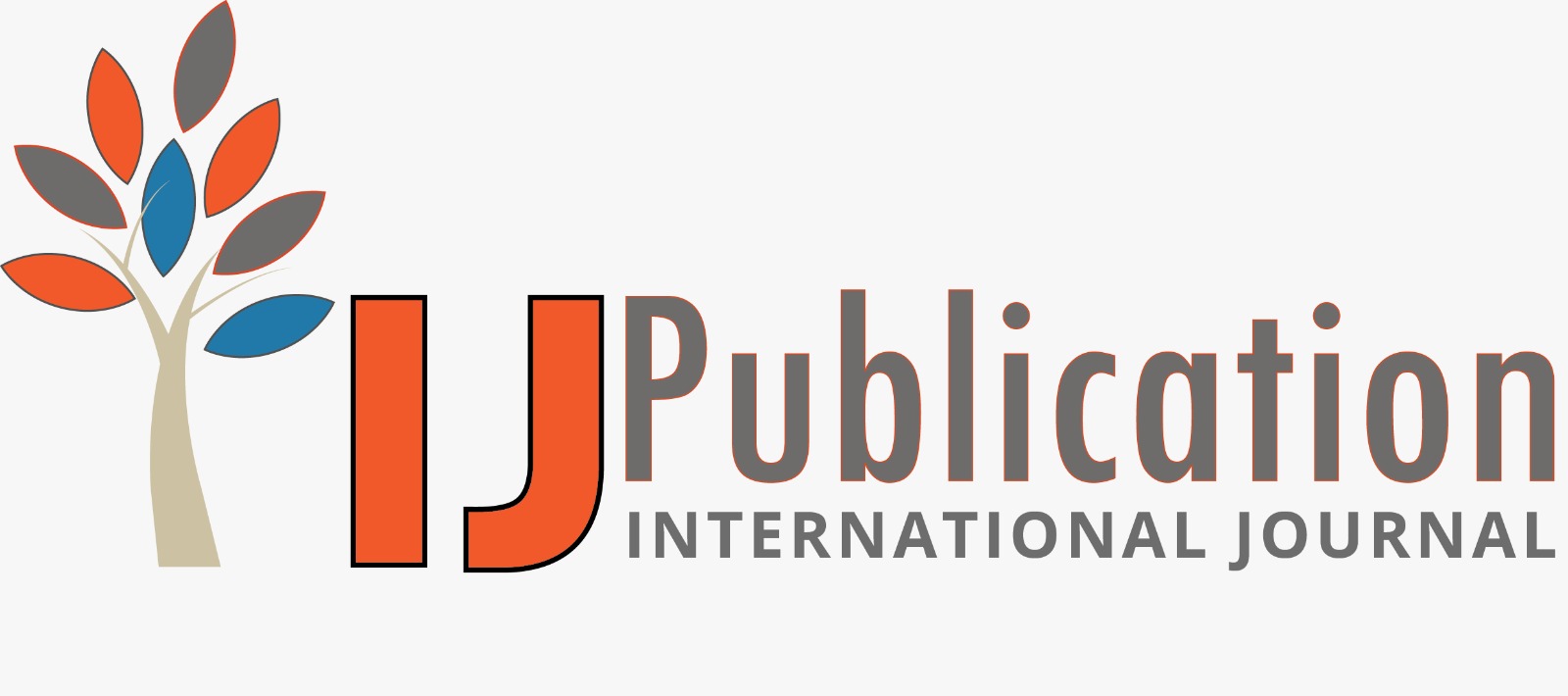Ramesh Krishna Mahimalur Reviewer
30 Oct 2025 03:17 PM
 Approved
Approved
Relevance and Originality
The research article presents a compelling discussion on the convergence of composable commerce and Web3 technologies, focusing on decentralization, transparency, and user empowerment. Its exploration of blockchain verification and decentralized identity frameworks demonstrates originality and forward relevance. The study meaningfully contributes to digital commerce research by highlighting how cryptographic systems can replace institutional trust, marking a progressive shift in how online transactions are conceptualized.
Methodology
The paper adopts a conceptual and systems-oriented approach suitable for analyzing evolving digital architectures. It systematically discusses layered design and progressive decentralization as methods to manage complexity in Web3 environments. While the theoretical structure is solid, empirical validation through data models or use cases would add credibility and strengthen its real-world impact. The methodology remains well-aligned with the study’s technological objectives.
Validity & Reliability
The arguments are logically structured, offering strong conceptual validity supported by recognized blockchain principles. The linkage between decentralized identity, token-based trust, and composable architecture is coherent and reinforces the central thesis. However, the absence of practical evaluation slightly limits generalizability. Despite this, the internal consistency and clear alignment with established Web3 frameworks lend reliability to the study’s findings.
Clarity and Structure
The article is well-written, maintaining clarity across technical and conceptual sections. Each theme—trust, decentralization, and security—is presented in a logical sequence that aids understanding. The writing is concise, and the transitions between sections are smooth. A few illustrative examples or graphical summaries could further enhance engagement, but the overall structure effectively communicates complex ideas with academic precision.
Result Analysis
The analysis thoughtfully connects theoretical concepts to the potential transformation of digital commerce ecosystems. It provides balanced insights into the opportunities and limitations of blockchain-enabled frameworks, emphasizing trustless transactions, scalable architectures, and equitable user participation. The conclusions are coherent with the arguments, reinforcing the study’s contribution to decentralized commerce research.
Concluding Comments
This research successfully articulates how Web3 and composable commerce can create transparent, user-centric digital markets. It demonstrates conceptual strength and forward-looking analysis, making it relevant for scholars and practitioners alike. Future studies could expand by integrating experimental validation or platform-level comparisons, further bridging theory with practice. Overall, it is a concise, well-structured, and insightful contribution to the field of decentralized digital commerce.








Ramesh Krishna Mahimalur Reviewer